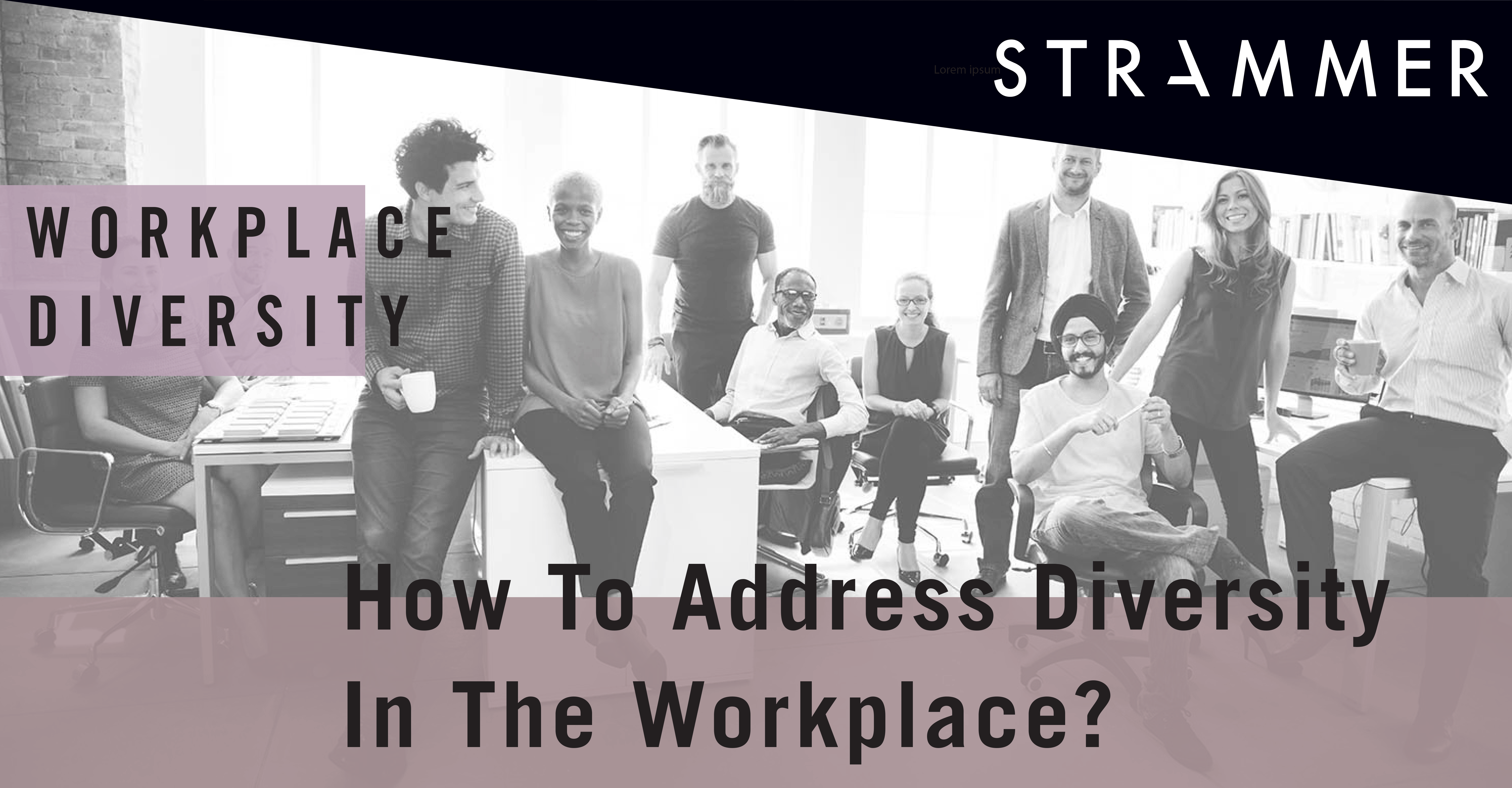Why is Diversity in the Workplace Important?
Workforce diversity has been a priority for many companies and leaders. It translates into different characteristics employees have: sexual orientation, gender, race, religious beliefs, age, languages, etc. But why exactly should companies invest in diverse workforces?
First of all, the benefits are endless. Diverse workers can contribute to different perspectives and ideas, which leads to innovative and creative solutions. These employees also enhance problem-solving skills, just like a 2017 study conducted by Harvard Business Review showed: diverse workforces have faster problem-solving skills.
Companies that invest in a diverse workforce, attract a wider range of candidates. This increases the chances of hiring top talented employees. At the same time, employees are more interested in companies that invest in diversity, given that these companies look progressive and challenging.
As a matter of fact, diverse workforces feel freer to be themselves, which leads to more satisfied and happier workers. These workforces are obviously more engaged and express lower turnover rates.
Companies investing in diversity have a better reputation, improved corporate social responsibility, and better financial performance. That was exactly what a 2018 BCG research found.
On the other hand, diversity also implies inclusion. Although these two concepts may sound like synonyms they are not. So, companies not only need to work on diversity strategies but also on inclusive ones. It is important to remember that the same strategies may not suit all companies. Employers need to understand which approach is more efficient. They can do so through employee surveys or regular workforce analysis, to help identify gaps in employees’ diversity.
A Heidrick & Struggles survey showed that mentoring programmes on diversity can be crucial to tackle this problem. It found out that 74% of respondents working in an organisation that offered diversity mentoring programmes said it was an important way to improve their careers.
In addition, diversity training and workshops are crucial to tackle and strengthen diversity in the workplace. The workforce must acknowledge the importance of diversity so that everyone can cooperate to make it a reality. Companies should promote activities outside of work to promote connections and communication between diverse work teams.
Work flexibility is also helping to create a more diverse workforce. For instance, working from home allows employers to hire workers who are not on the same country or even on the same continent.
Employers should promote diversity by celebrating special dates related to diversity, such as International Women’s Day or International Day Against Homophobia, Transphobia and Biphobia, among others. In addition, companies should allow workers to celebrate their religious holydays.
Contrary to the ideal scenario, a 2019 survey from the Harvard Business Review showed that nearly half of diverse workers said bias was part of their workday. This shows how urgent it is to invest in diversity and that there is still a long way to go.
Governments and organisations are also working to increase diversity in the workplace. For instance, the European Union has implemented non-discriminatory directives, regarding the workforce.
References:
- Diversity in the workplace – benefits and challenges, Culture Amp
- Top 10 Benefits of Diversity in the Workplace, December 2018, TalentLyft
- The Benefits Of Creating A Diverse Workforce, September 2019, Forbes
- 11 Strategies For Achieving A More Diverse And Productive Work Environment, January 2017, Forbes





